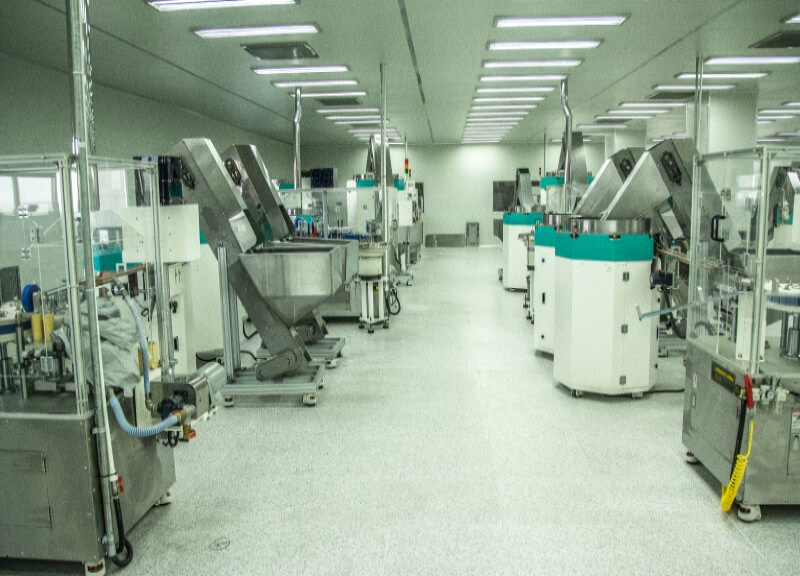Cleaning and Caring for Commercial Kitchen Equipment leads to Optimized Performance

In the fast-paced commercial kitchen environment, the performance of your skilled labor and their hands-on experience with the machinery plays an important role. However, the equipment itself is an integral performance indicator in the commercial kitchen. Investing in high-quality commercial kitchen equipment is a strategic decision that impacts the overall operations of the food industry. Maximizing the overall performance of the kitchen in the food industry requires tangible cleaning and care for the equipment as well.
Maintaining the equipment with care is not only hygienic but also reflects the maintenance practice of the food industrial operation, improving its lifespan and enhancing its performance. Some major indicators of why cleaning and caring for commercial kitchens is beneficial for restaurant owners are explored below.
1: Prevent buildup and ensure efficiency
Regular cleaning and maintenance of the equipment is crucial for commercial kitchen equipment. It prevents the buildup of grease, grime, and food particles that not only reduce the lifespan of the equipment but also hinder performance. Clean equipment and regular maintenance of commercial operations are not only efficient for food operations, but they also reflect the proper practice of maintenance by employees. Clean equipment operates more efficiently as airflow remains unobstructed, heated elements are optimized, and other greasy components do not weigh on the equipment’s performance. Proper technique in cleaning ensures that kitchen equipment is at its peak efficiency and cooks faster with lower energy consumption and overall performance.
2: Reduce downtime and increase the lifespan.
The maintenance of the equipment is significantly important to extend the lifespan of the commercial kitchen. The restaurant owners go through routine cleaning to prevent corrosion, rust, and deterioration of the critical components of the commercial equipment. The removal and proper maintenance of the commercial kitchen through the removal of contaminants and debris makes the functional workflow more efficient. Proper lubrication will reduce wear and tear and reduce costly repairs to the equipment. Moreover, regular maintenance such as inspections, filter replacement, and calibration plays a vital role in identifying potential issues before the breakdown of the equipment. A commercial kitchen requires proactive care to minimize downtime and consistently increase the protection of equipment to reduce unwanted equipment failure.
3: Food Quality and Safety
For food safety and maintaining quality, it is essential to keep clean and take good care of commercial kitchen equipment. To avoid compromising your food quality standards and preventing bacteria, allergies, and food residues, it is a must that we do a thorough cleaning. It also provides customers with safe and hygienic food by removing the risk of cross-contamination. Following proper cleaning procedures and adhering to industry guidelines not only protects customers’ health but also ensures maintaining a reputation and high-quality culinary creations.
4: Accountability
Effective cleaning and maintenance require well-trained staff that reflect the essential role of accountability in following proper health and safety regulations. It is very important to invest in training programmed for staff to ensure the team is fully skilled and on track to handle unwanted failures in a commercial kitchen. Proper cleaning emphasizes the safety protocols and regular maintenance of the restaurants. Emphasizing cleanliness and safety protocols and regular maintenance tasks fosters a culture of accountability in the food industry where employees follow and take pride in regular maintenance tasks. The equipment issue empowers the staff with their sense of responsibility to create a collaborative environment to promote optimized performance and longevity of equipment.
Conclusion
The key indicator of a food manufacturing plant or restaurant is its durability and quality of commercial equipment. The high-quality equipment is built to withstand the demanding kitchen environment and robust, efficient operations. Cleaning and caring for the equipment increase the lifespan of the kitchen with an increase in health and safety provisions. The comprehensive maintenance and consistent delivery of a high-quality culinary experience come with cleaning and caring for commercial kitchen equipment, which then increases the productivity of the overall food operations.
